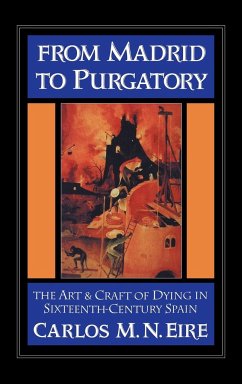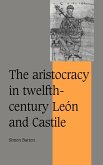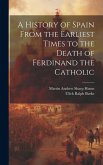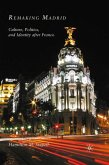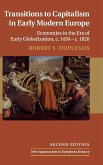This is the first full-length study of Spanish attitudes toward death and the afterlife in the peak years of the Counter-Reformation. It contains an analysis of the death rituals requested in sixteenth-century Madrid testaments, as well as a detailed account of the ways in which the "good" deaths of King Philip II and St. Teresa of Avila were interpreted by contemporaries. Though focused on death, it also aims to analyze the ethos of Spanish Catholic piety and belief in an age of profound transformations. This is a history of mentalities that combines quantitative and qualitative methods and analyzes the symbiotic relation between beliefs and cultural structures. It is a study of the relation between popular piety and elite theology, between paradigms and deeds, myth and ritual, art and craft. Though concentrating exclusively on Spain, this study places the early modern Spanish mentality in the wider context of the European Reformation and Counter-Reformation and of Western attitudes toward death.

